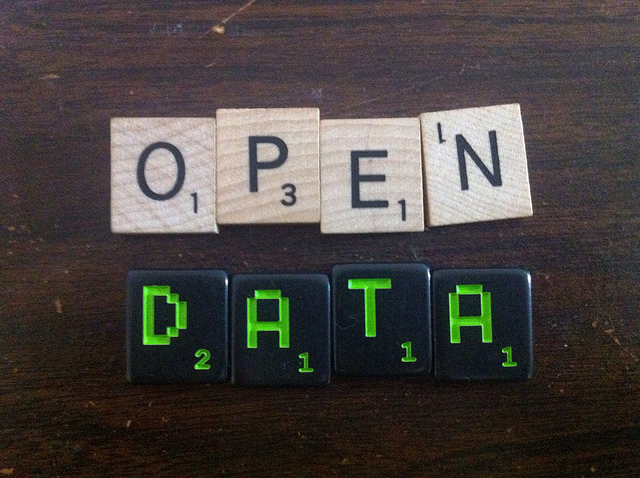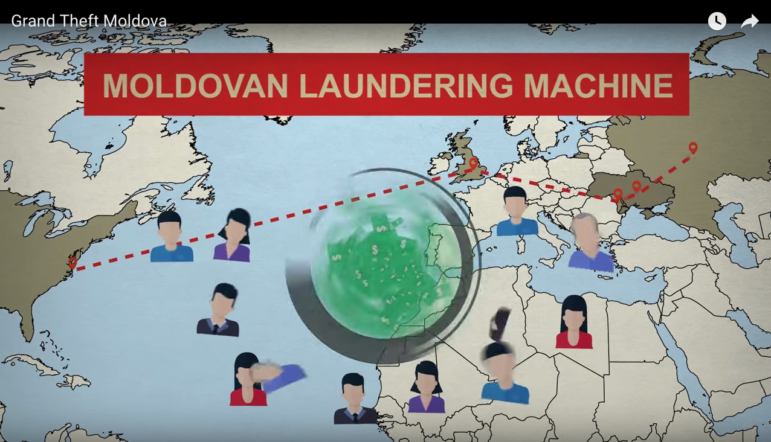In recent years, both the volume and number of data sources have increased at unprecedented rates: In fact, a staggering 90 percent of the data that currently exists today was created in the last two years, according to technology and innovation giant IBM.From combing phone subscription records to estimate population density and poverty levels, to analyzing tweets to predict a pending food crisis, emerging technology and the availability of “big data” sources offers global development and humanitarian aid
Source: Solving the data conundrum: How to leverage tech and ‘big data’ for impact | Devex


